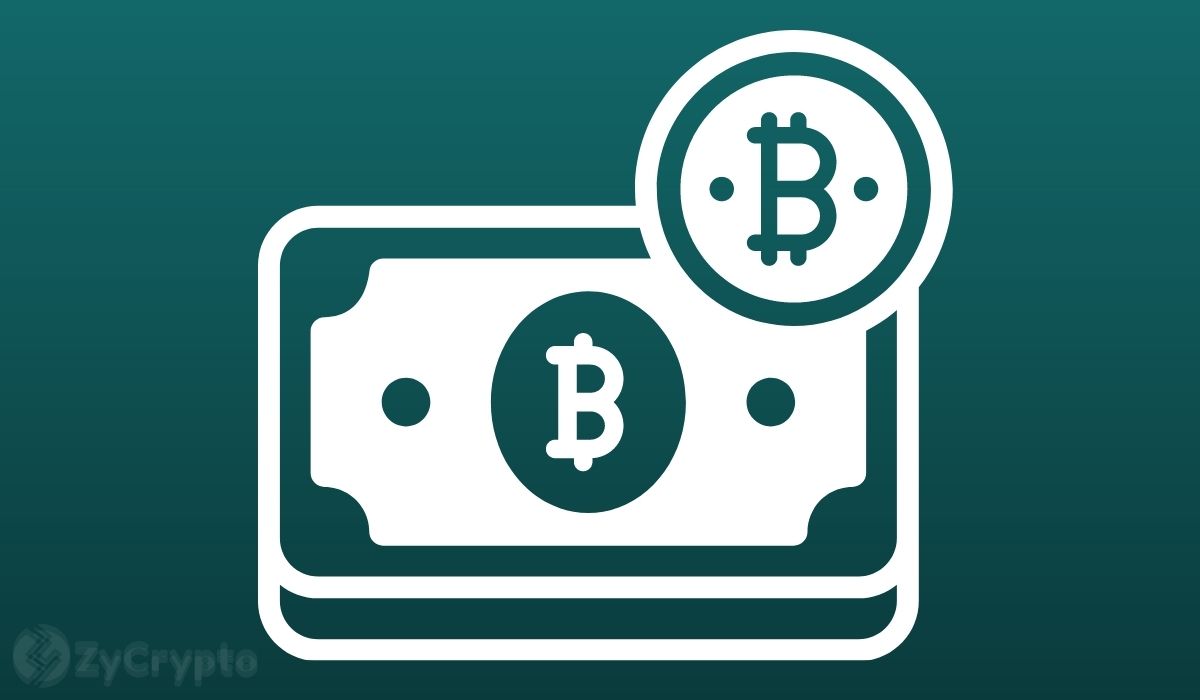ARTICLE AD BOX

The Ukrainian Ministry of Digital Development has affirmed the economic stability and security of Bitcoin within the country. This move comes in response to ongoing discussions and regulatory developments surrounding the recognition of cryptocurrencies as a means of payment.
In a Facebook post on Tuesday, Deputy Minister of Digital Transformation for IT Development, Alexander Bornyakov, addressed the issue, emphasizing that bills from both the National Securities and Stock Market Commission and the Ministry of Digital Development do not view cryptocurrencies as a threat to the traditional economy.
Bornyakov clarified that, despite differences in the bills, a specific category of virtual assets, namely electronic money tokens, are recognized as a legal means of payment for goods and services across the warring country.
“The bill from the Ministry of Digital Data classifies virtual assets as tokens of electronic money, the value of which is related to the value of Ukrainian hryvnia (item 28 part 1 article 1 of the bill),” wrote Bornyakov.
“Parts 3 and 4 of Article 5 provide that electronic money tokens are a legal means of settlement for goods, works and services throughout the territory of Ukraine.”
Electronic money tokens, as defined in the bills, are a virtual asset directly tied to the value of the Hryvnia, the national currency of Ukraine. The issuance of such tokens is restricted to banks and non-bank financial institutions operating within the country.
Notably, in Ukraine, the regulation of electronic money tokens is entrusted to the National Bank, and both bills propose separate development for the rules governing their issuance and circulation.
Bornyakov, however, expressed confidence in the NBU’s ability to regulate overly risky models, stating that tokens fully backed by cash or non-cash Hryvnia would not impact the overall money supply. He assured that all other digital assets would be confined to the virtual realm, posing no risks to the real economy. This means that cryptocurrencies such as Bitcoin, Ethereum and Solana can now be legally used for transactions across the country.
“All other digital assets will be used only in a virtual environment, without risks to the real economy,” Bornyakov added.
That said, Ukraine’s bold step to accepting Bitcoin and other cryptocurrencies for transactions marks a commendable stride forward, signalling a positive shift in the country’s approach to the burgeoning crypto sector. Notably, its neighbor Russia has indicated a willingness to accept payments for international trade through crypto despite banning cryptocurrencies in 2022, Russia.
Meanwhile, other countries recently legalized crypto for transactions, including Honduras, El Salvador and Argentina.
.png)
 10 months ago
7
10 months ago
7








 English (US)
English (US)